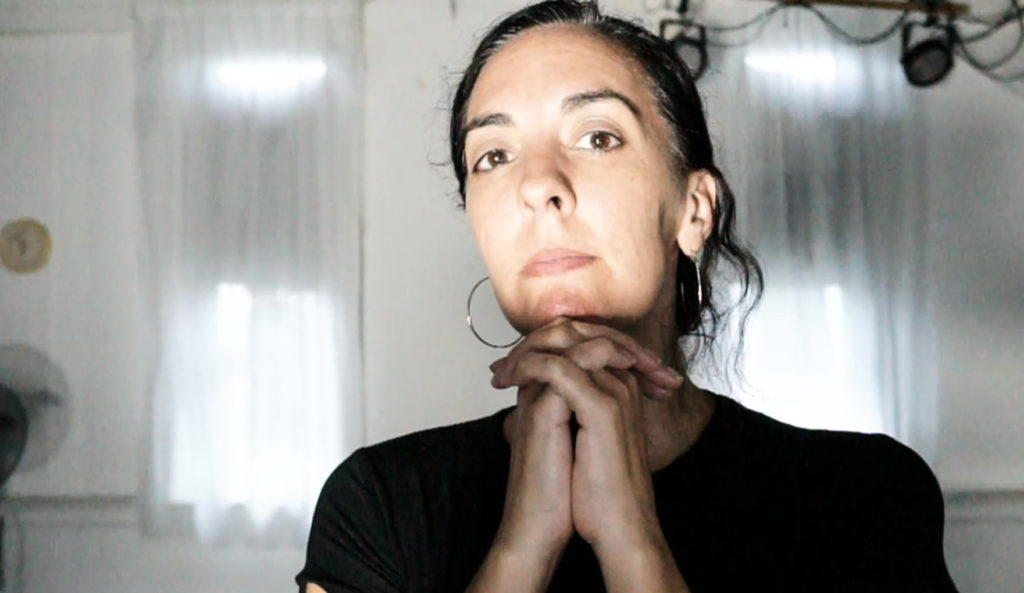
Working for structural changes in policy and zoning to support the arts in Cambridge
For the second interview in this series asking people active in the Boston arts scene about their thoughts on how to rebuild it after the pandemic, I was gratified to get to pick one of several area arts leaders that stepped forward to speak with me after my initial call. Callie Chapman is director of Studio@550 in Cambridge, artistic director of Zoe Dance Company, and a freelance dancer and digital artist. The video of our full conversation is below.
On what has gone before
At the start of the pandemic I was fielding being displaced from our current home at 550 Mass Ave, Central Square, Cambridge and my landlord literally said to me, “You will be fine. Look at all the real estate that will open up.” He is planning on building micro-unit apartments in the building, keeping the first floor retailers in place. In Central Square, one of Massachusetts “cultural districts” my landlord can essentially do whatever he wants (within zoning and the law of course). … We had paid all our rent on time (pre-pandemic), and have been good tenants. But, unless I pay $45/sq ft we’re outta luck!
On what is still to come
When everything is in a standstill and uproar (at the same time) there is room for change. First getting all those busy people (the artists) together when they seek engaging. Because now, there is very little work, and it’s time to focus on the foundational issues that brought us to where we are. Getting the ears of stakeholders: municipalities, foundations, corporations, supporters, basically anyone that wants “in.” Making a plan that works with us, doesn’t only include the large established cultural institutions, and most importantly not giving in to this poverty mentality of the “poor artist.” The arts gather more people than sports teams in Boston [according to ArtsBoston’s The Arts Factor 2019 report]. It generates over $2 billion in revenue annually. It’s a smart financial move to keep that economic driver healthy. And while you’re at it, see if you can make it equitable, fair, and sustainable.
Currently, (to start) I’m working on a petition to ask the city of Cambridge for a few things that will institute structural change in policy and zoning to help that along. This is working with other arts organizations and artists who give to the culture of the square by working on their art there. It’s the artists who are essentially driving up the cost of real estate prices in a way. Without the art, it would just be banks. And that’s not hip or as desirable.
The petition to “Save Arts in Cambridge” is now online at mass-creative.org/camarts_petition/. And there are a few related initiatives at centralsqarts.org.
Full Video of Jason Pramas’ interview with Callie Chapman
Donate to Studio@550’s COVID-19 Emergency Relocation Fund at studioat550.org/support/covid-19-emergency-relocation-fund.
Jason Pramas is executive editor and associate publisher of DigBoston. He holds an MFA in visual arts.